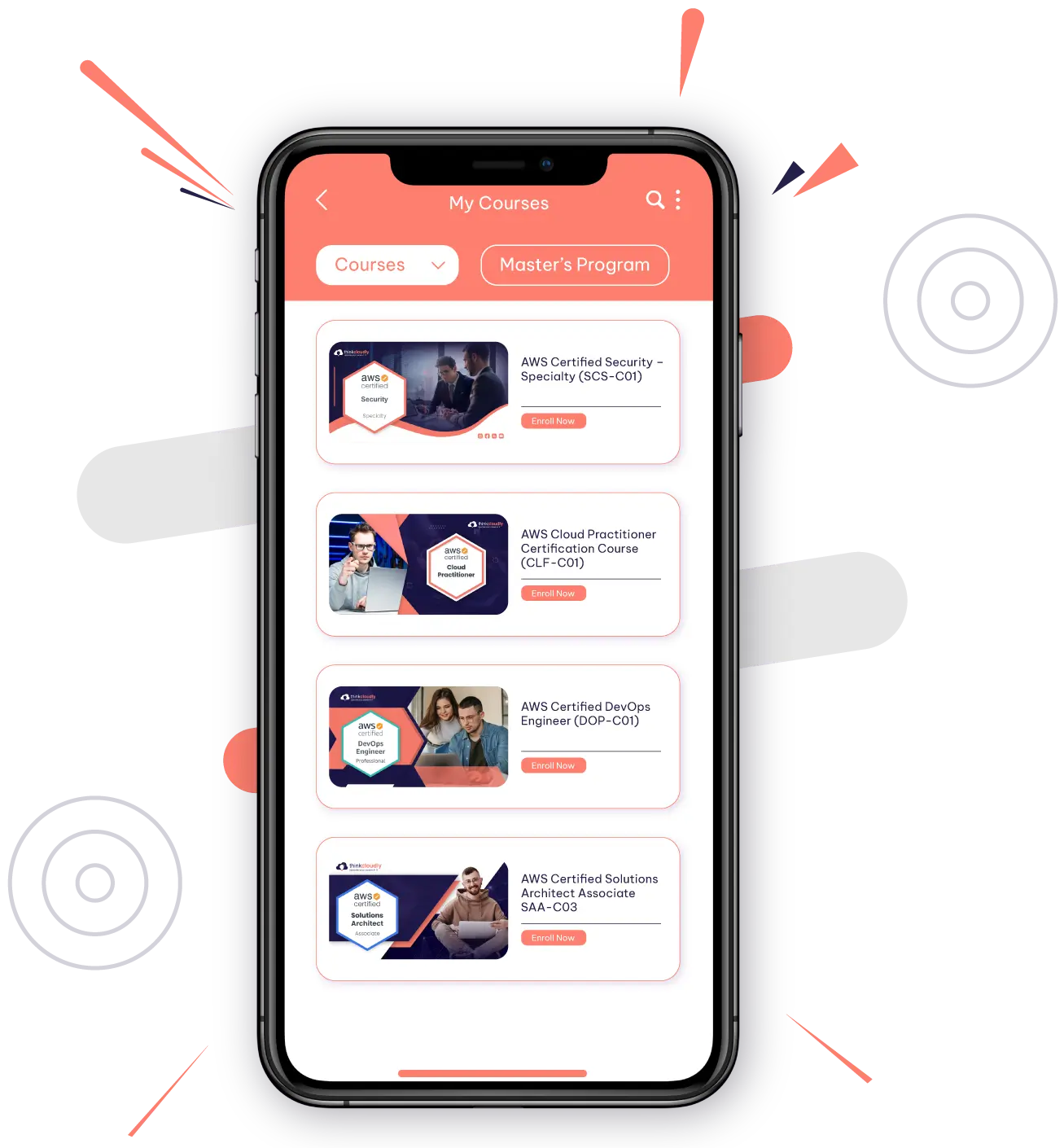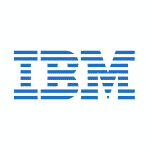In the dynamic world of programming, Python programming language stands out as a shining star, illuminating the path to versatile and powerful software solutions. As the demand for efficient and user-friendly applications surges, Python’s prominence continues to grow. This post embarks on a journey through the realm of Python, unveiling four fundamental aspects of this exceptional language: its origins, the myriad job opportunities it presents after certification, its ever-increasing demand in the job market, and the enticing realm of Python-related salaries. So, let’s embark on this exciting exploration of Python and the endless horizons it unveils for tech enthusiasts and professionals alike!
Python Programming Facts:
- Beginner-Friendly Language: Python is known for its readability and simplicity, making it an excellent choice for beginners who are just getting started in programming. Its clean syntax and clear structure lower the entry barrier for new learners.
- Multi-Paradigm Language: Python supports multiple programming paradigms, including procedural, object-oriented, and functional programming. This flexibility allows developers to choose the approach that best suits their project.
- Community-Driven Development: Python’s development is guided by a community-driven process. Python Enhancement Proposals (PEPs) provide a framework for proposing and discussing changes to the language.
- Cross-Platform Compatibility: Python is available on various platforms, including Windows, macOS, and Linux, making it a highly portable language. Code written in Python can run on different operating systems with minimal modifications.
- Large Ecosystem of Libraries: Python boasts a vast and growing ecosystem of libraries and packages that extend its functionality. The Python Package Index (PyPI) hosts tens of thousands of packages for a wide range of purposes.
Job Roles after Python Certification:
- Python Developer: As a Python developer, you’ll create software applications, websites, and systems using Python. You’ll work with frameworks like Django and Flask to build web applications, and your skills will be in high demand in the software development field.
- Data Scientist: Python is a preferred language for data science. Data scientists use Python for data analysis, machine learning, and data visualization. Your role will involve deriving insights from data to inform business decisions.
- Machine Learning Engineer: Machine learning engineers build and deploy machine learning models. Python’s extensive libraries, such as TensorFlow and scikit-learn, make it a top choice for this role.
- Artificial Intelligence (AI) Engineer: AI engineers create and implement artificial intelligence systems and applications. Python is integral in AI development, allowing you to work on projects like natural language processing and computer vision.
- Data Analyst: Data analysts use Python to clean, analyze, and interpret data, helping organizations make data-driven decisions. You’ll extract meaningful insights from large datasets.
- Quality Assurance (QA) Engineer: QA engineers use Python to automate testing processes, ensuring the quality and functionality of software and applications. Your role is essential for delivering reliable products.
- Cloud Engineer: Python is a valuable tool for cloud engineering. Cloud engineers use Python for scripting and automating cloud infrastructure management on platforms like AWS, Azure, and Google Cloud.
Job Demand In Python:
The listed surveys on Google show the job demand:
- Versatility Across Industries: Python is not confined to a single industry. It’s used in various sectors, including technology, finance, healthcare, education, and research. This versatility contributes to its continuous job demand.
- Web Development: Python’s web development frameworks, such as Django and Flask, are highly sought after. Many startups and established companies use Python for web applications, leading to a consistent demand for Python web developers.
- Data Science and Analytics: Python is the preferred language for data science and analytics. With an increasing emphasis on data-driven decision-making, the demand for data scientists and analysts proficient in Python continues to grow.
- Artificial Intelligence and Machine Learning: Python is the language of choice for AI and machine learning projects. Its rich ecosystem of libraries, like TensorFlow and scikit-learn, has led to a surge in demand for machine learning engineers and AI developers.
- Startups and Entrepreneurship: Python’s rapid development and cost-effectiveness make it the go-to choice for startups. As the startup ecosystem expands, so does the demand for Python professionals.
- Academic and Educational Institutions: Python is widely used for teaching programming and computer science. Academic institutions require educators and curriculum developers with expertise in Python.
- Scientific Research: In scientific research, Python is used for data analysis, simulations, and modeling. The demand for researchers with Python skills is prevalent in research organizations and academia.
Boost your earning potential with PYTHON expertise. Explore our certified Python courses for a high-paying career.
Python Programming Specialist Salary:
- Junior Python Developer: Typically, junior Python developers can expect to earn varying salaries depending on their location and the company they work for. In the United States, salaries generally range from $90,000 to $130,000 per year. In the United Kingdom, it’s around £40,000 to £60,000 annually, while in Canada, it falls in the range of C$75,000 to C$105,000 per year.
- Python Developer: Python developers with a bit more experience often command higher salaries. In the United States, Python developer salaries range from approximately $90,000 to $140,000 per year. In the United Kingdom, it falls in the range of £55,000 to £70,000 per year. In Canada, Python developers can expect salaries ranging from C$89,000 to C$110,000 per year.
- Senior Python Developer: Senior Python developers with substantial experience and expertise in the language tend to earn even higher salaries. In the United States, the salary range for senior Python developers is typically around $145,000 to $170,000 per year. In the United Kingdom, it falls in the range of £90,000 to £115,000 per year. In Canada, senior Python developers can expect salaries ranging from C$90,000 to C$140,000 per year.
- Python Data Scientist: Python data scientists, who specialize in data analysis, machine learning, and data visualization, can command competitive salaries. In the United States, Python data scientist salaries range from approximately $100,000 to $150,000 per year. In the United Kingdom, it’s around £70,000 to £97,000 annually. In Canada, Python data scientists can expect salaries ranging from C$103,000 to C$130,000 per year.
- Python Machine Learning Engineer: Python machine learning engineers, who focus on building and deploying machine learning models, often earn top-tier salaries. In the United States, the salary range for Python machine learning engineers is typically around $120,000 to $180,000 per year. In the United Kingdom, it falls in the range of £60,000 to £100,000 per year. In Canada, Python machine learning engineers can expect salaries ranging from C$100,000 to C$160,000 per year.
Conclusion:
In summary, Python for beginner’s is a gateway to a thriving career in the IT industry. Its user-friendly syntax, versatility, and strong community support provide an ideal environment for newcomers to programming. With high demand for Python skills in fields such as web development, data science, and artificial intelligence, beginners can quickly transition from learning to employment. As they gain experience, Python offers opportunities for specialization and career growth. The ever-evolving nature of the IT industry ensures that there will always be room for continuous learning and exploration, making Python an excellent choice for those taking their first steps into this dynamic and promising field.












No comment yet, add your voice below!